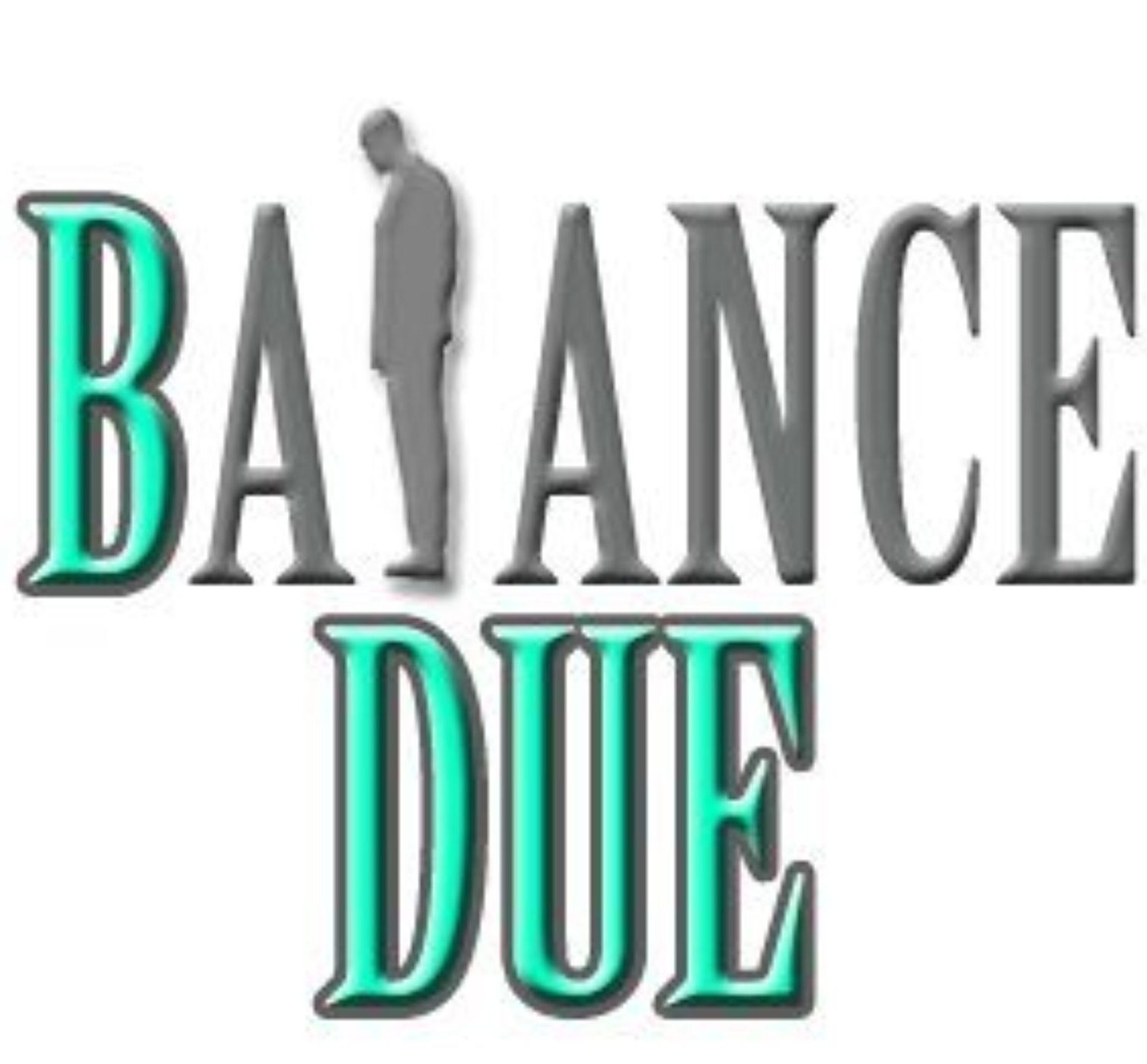
Why Our Obsession with Control Might Be Our Biggest Weakness
I’ve been diving deep into this topic lately, and what I’ve discovered might surprise you. It turns out that our desire for control shapes pretty much everything we do, from our relationships to our social media habits, and even how we face our own mortality.
Take our relationship with dogs, for instance. We love to think we’ve got this perfect bond with our furry friends they do what we say, and in return, they get food, shelter, and belly rubs. Sounds like a fair deal, right? But scientists who study animal behavior never use the word “love” when discussing these relationships. Instead, they talk about “temperament” and “attachment.” Sure, there’s some real chemistry happening there both humans and dogs get a boost of oxytocin (the “love hormone”) when they interact. But at its core, it’s a clever survival strategy. Dogs figured out long ago that playing by our rules means a better life.
Speaking of rules and control, let’s talk about how we’re handling the digital age. Parents today are monitoring their kids’ online lives like never before. Get this: over 60% of parents are checking their teenagers’ browsing history and social media profiles. I get it – the internet can be scary. But here’s the ironic part: while we’re busy trying to control our kids’ digital lives, tech companies are quietly collecting data about our every move. We think we’re in control of our devices, but who’s really controlling whom?
Let’s talk about control. You know that feeling when everything’s going your way? When your kids are behaving, your work is flowing, and even your dog sits on command? Yeah, that feeling of being in control, it’s addictive. But here’s the thing: our relationship with control might be more complicated than we think.
Remember that colleague who seemed to have it all figured out? The one who controlled every aspect of their life perfect career trajectory, picture-perfect family, all the trappings of success? I recently heard a story about someone just like that. This guy had everything under control, except for one tiny detail: his own health. He was so busy managing everyone else’s life that he forgot to manage his own. Spoiler alert: it didn’t end well.
But the most mind-blowing insight I’ve come across? It comes from a study about nursing home residents. Researchers found that giving residents control over when they received visitors made them healthier and happier. Great news, right? Well, here’s the twist: when the program ended, those same residents who had enjoyed that control had higher mortality rates than those who never had control in the first place. Let that sink in for a minute having control and losing it was worse than never having it at all.
This got me thinking about our modern lives. We’re constantly chasing this illusion of control – through our smartphones, our social media profiles, our careers, our relationships. We’ve got apps to track our steps, our sleep, our screen time, our kids’ locations. We’re living in an age where control seems more possible than ever yet somehow feels more elusive.
So, what’s the takeaway here? Maybe true power isn’t about controlling everything around us. Maybe it’s about understanding what we can and can’t control and being okay with that balance. It’s about recognizing that while we can influence many things in our lives, trying to control everything might actually be our biggest weakness. Here’s what I’ve learned: the most successful people aren’t necessarily those who have the most control they’re the ones who know when to hold tight and when to let go. They understand that some things are beyond their control, and that’s okay. They focus on managing their responses rather than trying to control every external circumstance.
Because here’s the truth bomb that nobody likes to talk about: there will come a time when we all lose control. It’s inevitable. The question isn’t if it will happen, but how we’ll handle it when it does.
So maybe it’s time to loosen our grip a little. To accept that not everything needs to be controlled, monitored, or managed. To understand that sometimes, the strongest thing we can do is simply let go. What do you think? How much control is too much control? I’d love to hear your thoughts on this share your experiences in the comments below.
On this episode of Balance Due we will talk about the illusion of control. You know that feeling when everything’s going your way? When your kids are behaving, your work is flowing, and even your dog sits on command? Yeah, that feeling of being in control, it’s addictive. But here’s the thing: our relationship with control might be more complicated than we think. There’s a mind-blowing insight I’ve come across. It comes from a study about nursing home residents. Researchers found that giving residents control over when they received visitors made them healthier and happier. Great news, right? Well, here’s the twist. ~Balance Due





